ChatGPT in trouble with class action lawsuits
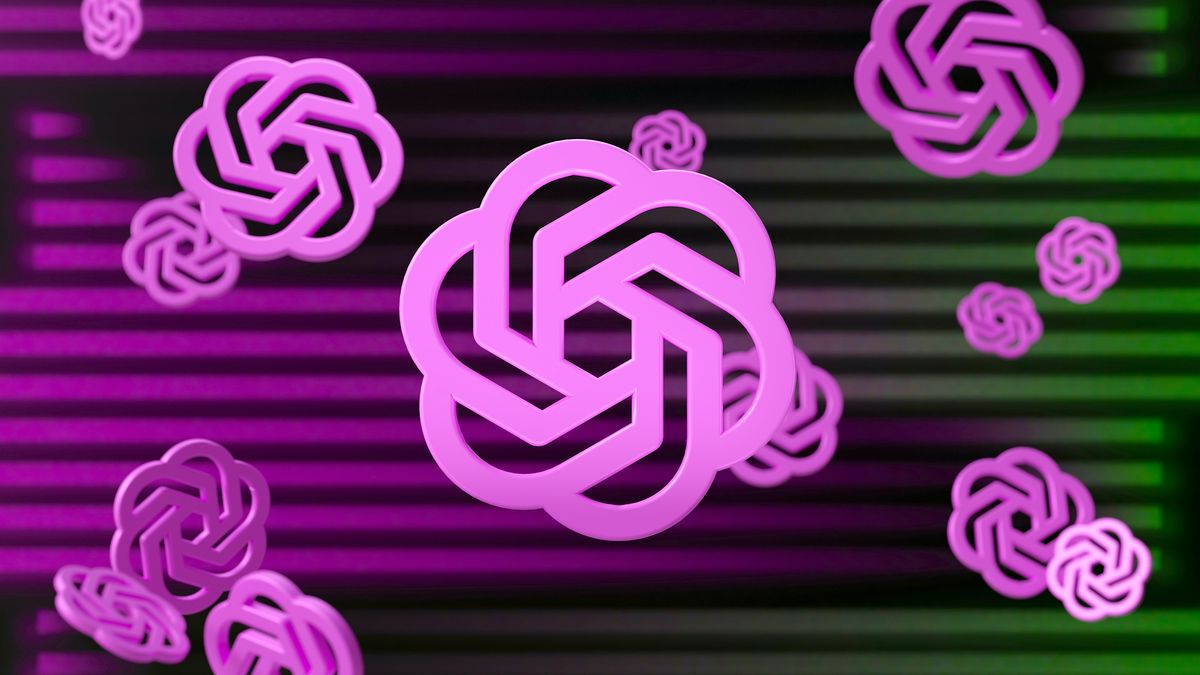
Two new class-action lawsuits have been filed against OpenAI, a research lab that develops artificial intelligence (AI) technologies.
The lawsuits allege that OpenAI's ChatGPT software violates privacy rights, scrapes intellectual property without consent, and negatively affects the public at large.
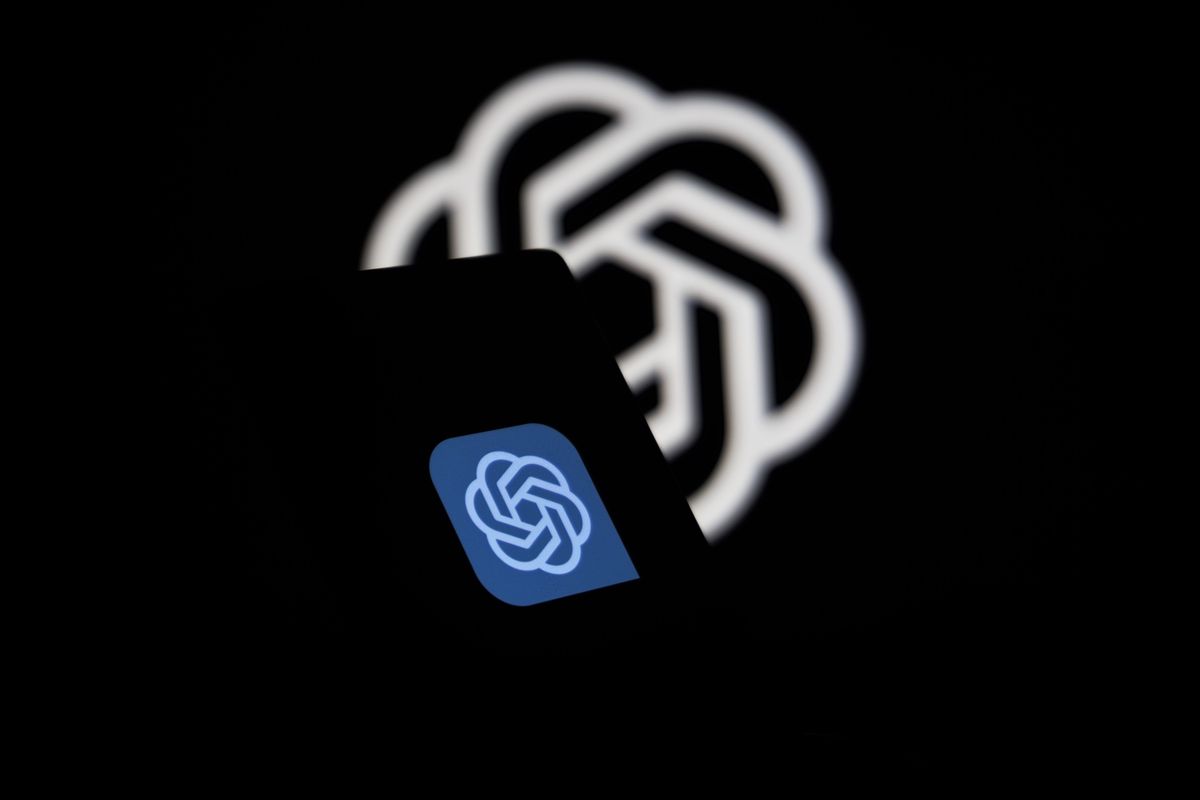
What are ChatGPT lawsuits about?
The first lawsuit, filed by the public interest law firm Clarkson, argues that OpenAI's ChatGPT software has scraped private and personally-identifying information from millions of internet users, including children, without their knowledge or consent. The lawsuit also alleges that ChatGPT has been used to generate harmful content, such as hate speech and misinformation.
The Clarkson law firm invites you to take the case under the slogan "Together on AI".
The second lawsuit, filed by the law firm Saveri and Butterick, alleges that OpenAI's ChatGPT software uses content from authors' books without their permission. The lawsuit claims that ChatGPT's responses to user questions about the plots of the authors' books are evidence that OpenAI is unduly profiting off of infringed materials.
Experts say that these lawsuits are likely to be the first in a wave of legal challenges to companies that develop AI technologies. They argue that the rapid development of AI is raising new legal questions that have not yet been answered by the courts.
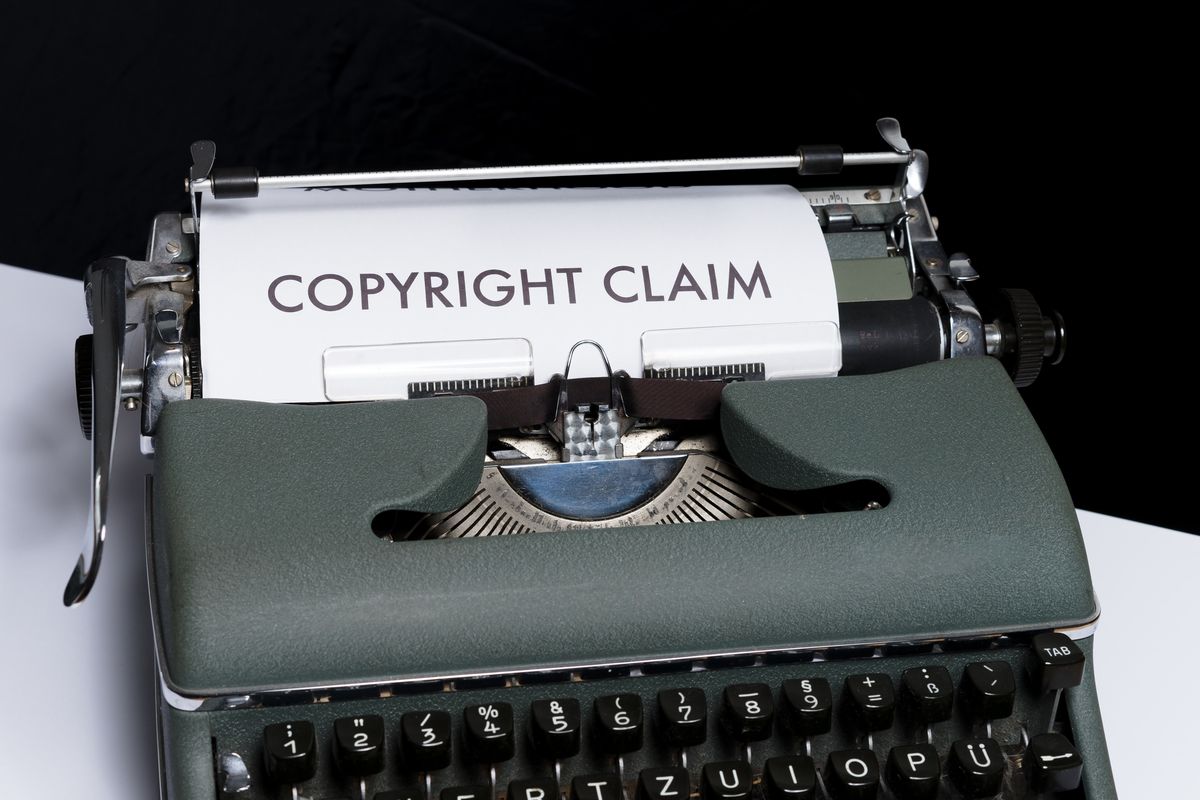
But could these clauses really affect OpenAI?
I'm not an expert on this, but these class action lawsuits are not well-founded and have some issues.
For instance, a key issue in these lawsuits is whether AI technologies can infringe on copyrights. Copyright law protects original works of authorship, such as books, music, and movies. However, it is not clear whether AI technologies can infringe on copyrights, as they are not capable of creating original works of authorship on their own. But of course, this does not mean that AI chatbots like ChatGPT or Bard should not be controlled.
The outcome of these lawsuits is uncertain and OpenAI has not yet filed a response to either lawsuit. However, they might have a significant impact on the development and regulation of AI technologies in the years to come.
Advertisement


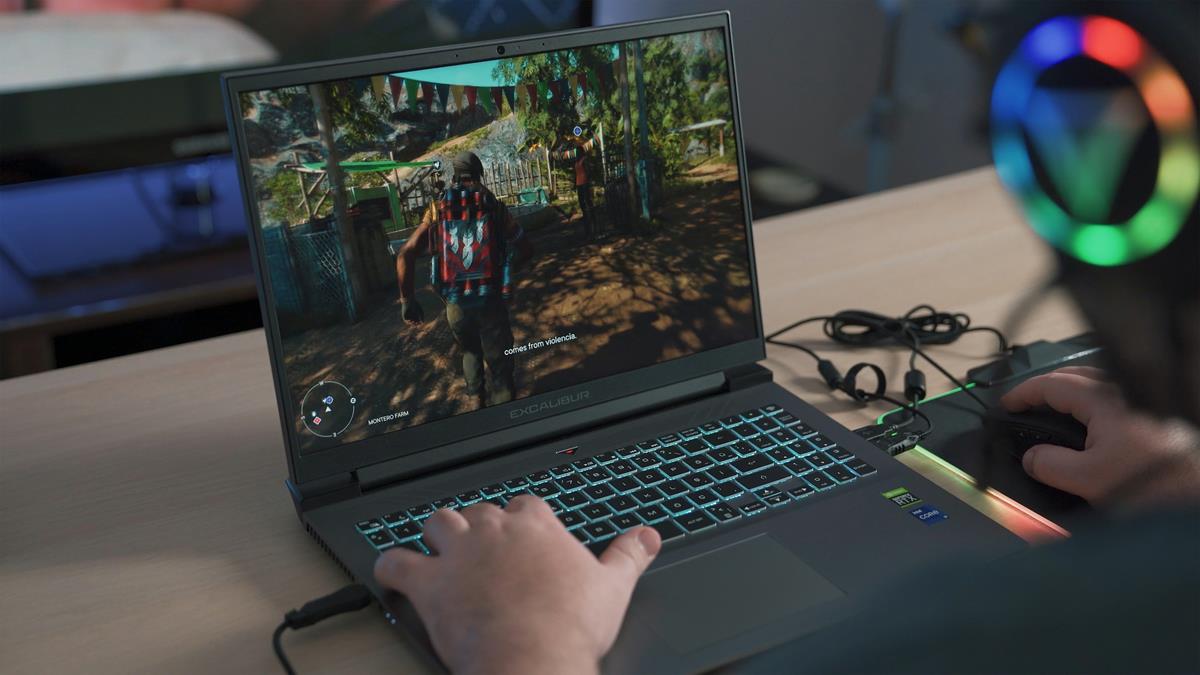
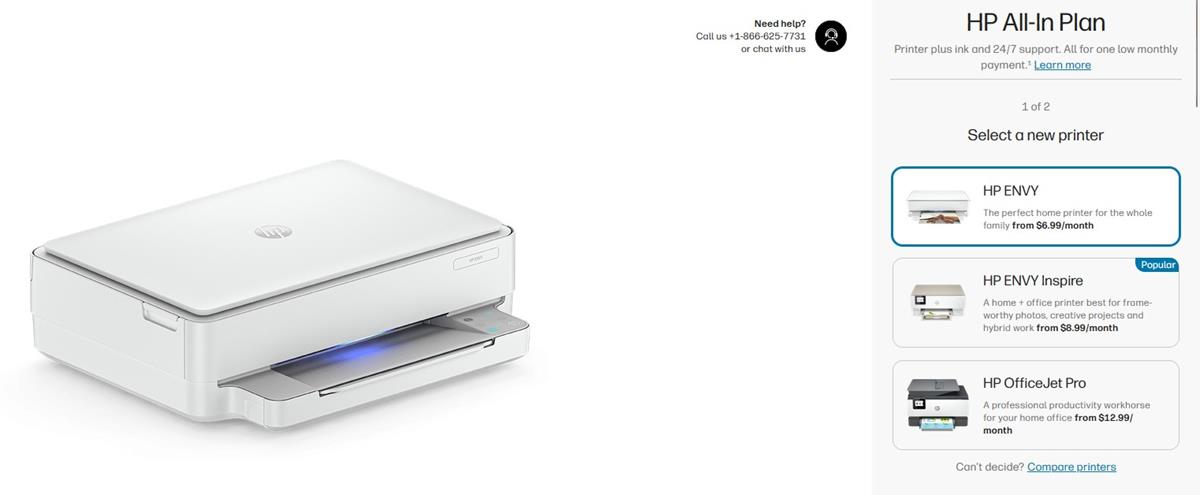















Under General Data Protection Regulation (GDPR), all personal data is protected, and it does not matter at all where the data comes from.
GDPR considers personal data as follows: “Personal data is any information that relates to an identified or identifiable living individual”.
Therefore, web scraping involving “personal data” can be illegal due to GDPR. For example, name, address, a personal email address, forum handles, cookie identifier and IP address.
The GDPR protects personal data regardless of the technology used for processing that data – it’s technology neutral.
⚖ Hallowed be the memory of the Lost Souls.